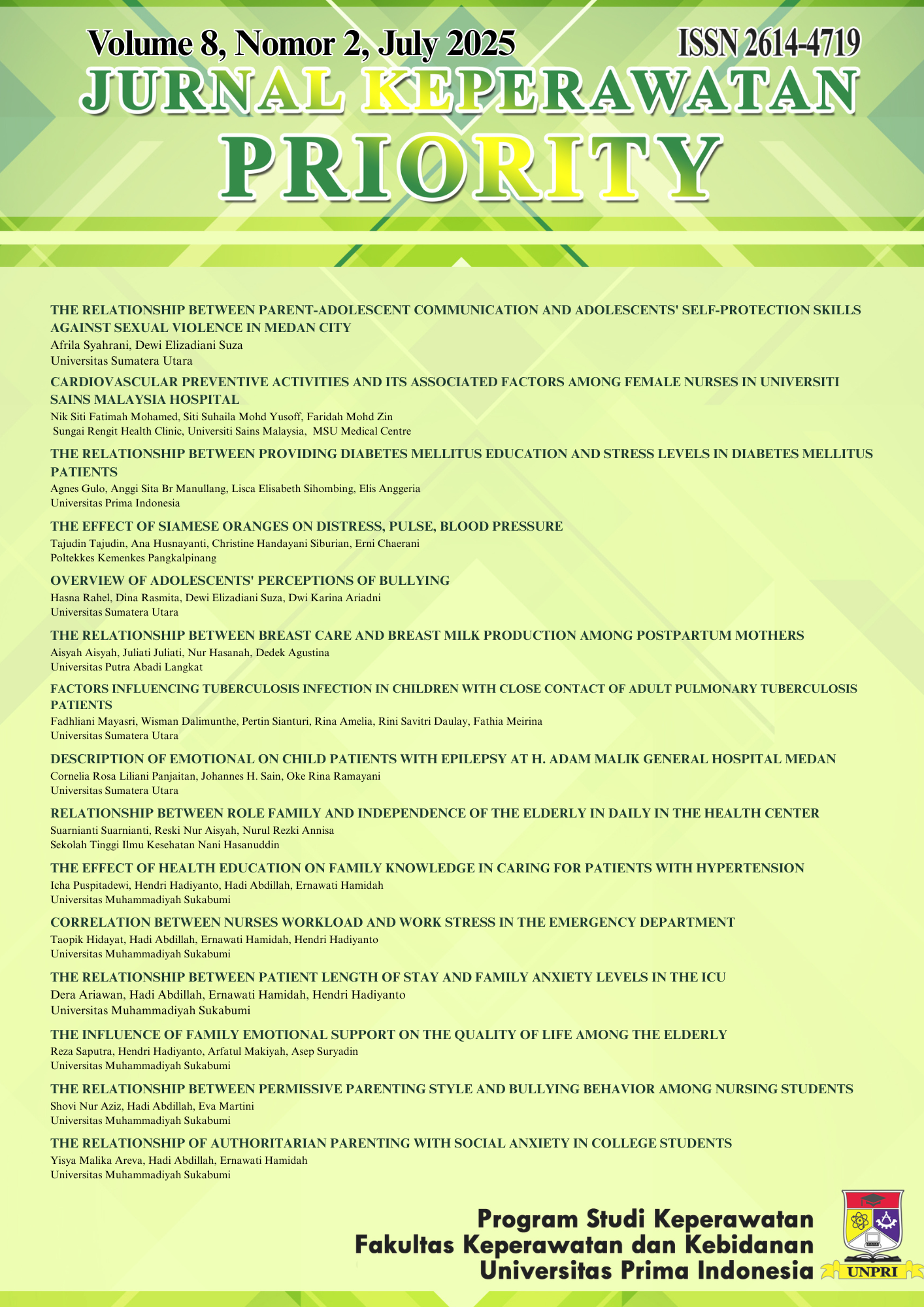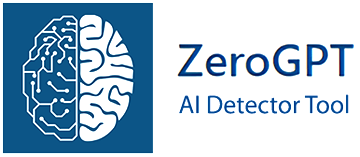The Relationship of Authoritarian Parenting with Social Anxiety in College Students
DOI:
https://doi.org/10.34012/jukep.v8i2.6397Keywords:
authoritarian parenting, social anxiety, students, mental health, parentsAbstract
College students are in early adulthood, a developmental stage vulnerable to psychological pressure, including social anxiety. One of the contributing factors to this condition is authoritarian parenting, which is typically characterized by strict control, lack of open communication, and high parental expectations. These traits can negatively affect an individual’s mental health. This study employed a quantitative research design with a cross-sectional and correlational approach. A total of 75 undergraduate nursing students at Universitas Muhammadiyah Sukabumi were selected using purposive sampling. Data were collected through the Parenting Styles and Dimensions Questionnaire (PSDQ) and the Hamilton Anxiety Rating Scale (HARS), and analyzed using the Chi-Square test. The results revealed that 65.3% of the respondents experienced authoritarian parenting, and most reported moderate to severe levels of social anxiety. Statistical analysis indicated a significant relationship between authoritarian parenting and social anxiety among students (p = 0.001). Authoritarian parenting was positively correlated with social anxiety levels. The higher the authoritarian style in parenting, the higher the level of social anxiety experienced by the students. This study highlights the importance of balanced parenting approaches and emotional support to minimize the risk of social anxiety disorders among college students.
Downloads
Published
How to Cite
Issue
Section
License
Copyright (c) 2025 Yisya Malika Areva, Hadi Abdillah, Ernawati Hamidah

This work is licensed under a Creative Commons Attribution 4.0 International License.
Authors who publish their manuscripts through the Journal of Keperawatan Priority agree to the following:
- Copyright to the manuscripts of scientific papers in this Journal is held by the author.
- The author surrenders the rights when first publishing the manuscript of his scientific work and simultaneously the author grants permission / license by referring to the Creative Commons Attribution 4.0 International License to other parties to distribute his scientific work while still giving credit to the author and the Journal of Journal Keperawatan Priority as the first publication medium for the work.
- Matters relating to the non-exclusivity of the distribution of the Journal that publishes the author's scientific work can be agreed separately (for example: requests to place the work in the library of an institution or publish it as a book) with the author as one of the parties to the agreement and with credit to sJournal ofJournal Keperawatan Priority as the first publication medium for the work in question.
- Authors can and are expected to publish their work online (e.g. in a Repository or on their Organization's/Institution's website) before and during the manuscript submission process, as such efforts can increase citation exchange earlier and with a wider scope.


















